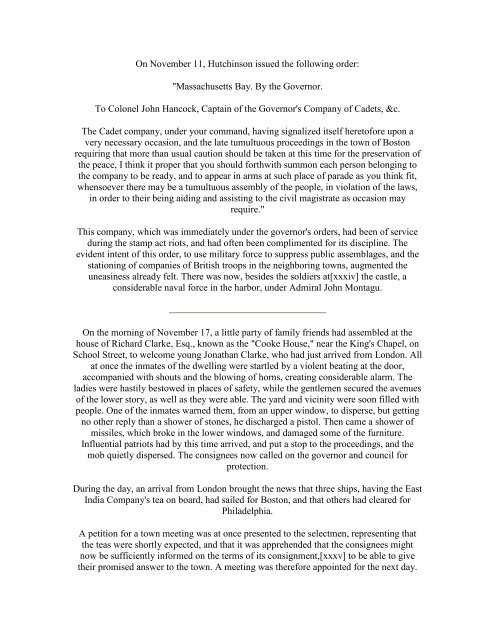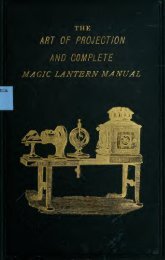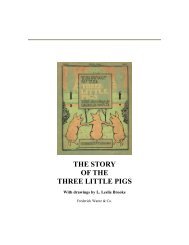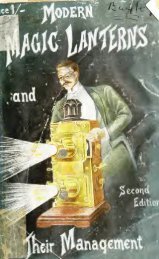TEA LEAVES: - Yesterday Image
TEA LEAVES: - Yesterday Image
TEA LEAVES: - Yesterday Image
Create successful ePaper yourself
Turn your PDF publications into a flip-book with our unique Google optimized e-Paper software.
On November 11, Hutchinson issued the following order:<br />
"Massachusetts Bay. By the Governor.<br />
To Colonel John Hancock, Captain of the Governor's Company of Cadets, &c.<br />
The Cadet company, under your command, having signalized itself heretofore upon a<br />
very necessary occasion, and the late tumultuous proceedings in the town of Boston<br />
requiring that more than usual caution should be taken at this time for the preservation of<br />
the peace, I think it proper that you should forthwith summon each person belonging to<br />
the company to be ready, and to appear in arms at such place of parade as you think fit,<br />
whensoever there may be a tumultuous assembly of the people, in violation of the laws,<br />
in order to their being aiding and assisting to the civil magistrate as occasion may<br />
require."<br />
This company, which was immediately under the governor's orders, had been of service<br />
during the stamp act riots, and had often been complimented for its discipline. The<br />
evident intent of this order, to use military force to suppress public assemblages, and the<br />
stationing of companies of British troops in the neighboring towns, augmented the<br />
uneasiness already felt. There was now, besides the soldiers at[xxxiv] the castle, a<br />
considerable naval force in the harbor, under Admiral John Montagu.<br />
On the morning of November 17, a little party of family friends had assembled at the<br />
house of Richard Clarke, Esq., known as the "Cooke House," near the King's Chapel, on<br />
School Street, to welcome young Jonathan Clarke, who had just arrived from London. All<br />
at once the inmates of the dwelling were startled by a violent beating at the door,<br />
accompanied with shouts and the blowing of horns, creating considerable alarm. The<br />
ladies were hastily bestowed in places of safety, while the gentlemen secured the avenues<br />
of the lower story, as well as they were able. The yard and vicinity were soon filled with<br />
people. One of the inmates warned them, from an upper window, to disperse, but getting<br />
no other reply than a shower of stones, he discharged a pistol. Then came a shower of<br />
missiles, which broke in the lower windows, and damaged some of the furniture.<br />
Influential patriots had by this time arrived, and put a stop to the proceedings, and the<br />
mob quietly dispersed. The consignees now called on the governor and council for<br />
protection.<br />
During the day, an arrival from London brought the news that three ships, having the East<br />
India Company's tea on board, had sailed for Boston, and that others had cleared for<br />
Philadelphia.<br />
A petition for a town meeting was at once presented to the selectmen, representing that<br />
the teas were shortly expected, and that it was apprehended that the consignees might<br />
now be sufficiently informed on the terms of its consignment,[xxxv] to be able to give<br />
their promised answer to the town. A meeting was therefore appointed for the next day.





